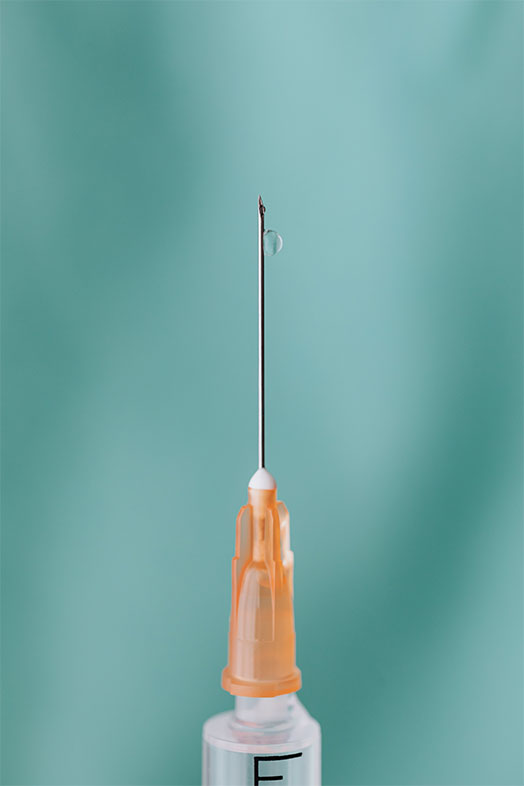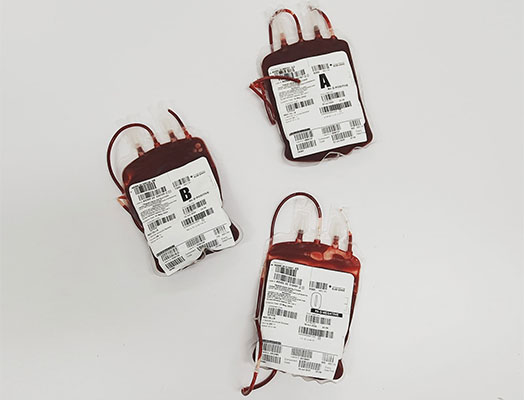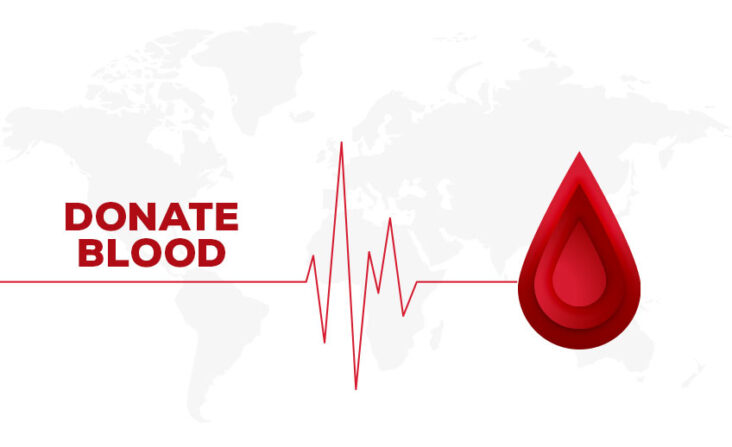Donating blood is an easy but effective act that can have a big impact on other people’s lives. Millions of individuals throughout the world need blood transfusions every year for reasons related to illnesses, surgeries, and other medical ailments. People can contribute a precious resource that can be utilized to save lives, improve health, and fund medical research by giving blood. Part 2 of this article will elaborate on the misconceptions of blood donation, how to address them and how you can donate blood.
What are the common misconceptions about Blood donation?
Misconception 1:
The blood donation needle is large and the entire process of donation is a painful and time consuming process.

Many people are terrified of needles and the thought of having their blood drawn. It’s crucial to keep in mind that the needle used for blood donation is small, and most people receive a local anesthetic prior to injecting the blood donation needle. There is a slight pinch when the needle is inserted, but the entire procedure is usually not painful.
Misconception 2:
Donating blood puts the donor at risk of getting highly infectious diseases like HIV, Hepatitis B infection

Donating blood is not associated with risk of catching any infectious diseases because all equipment used in the procedure is sterile and single use. Before donation, potential donors are thoroughly checked for any infectious disease risk factors like tattoos, history of IV drug abuse.
Misconception 3:
I cannot donate blood since I am on long term medications. I have also heard donating blood will make me impotent.

Many people who believe they are ineligible may actually be able to give. While eligibility requirements to be a blood donor can differ based on the donation center and country, if you wish to be a donor and you are age 18 or above, get screened to determine if you’re eligible. There is absolutely no evidence that donating blood will make you impotent or weak. People with diabetes and hypertension can donate blood, if these health issues are well controlled with no recent onset of complications and no recent change in medications. Those on insulin can refrain from donation.
Misconception 3:
You need to eat special foods before and after blood donation to make sure you don’t feel sick.
As long as you are fit to donate and have a reasonable lifestyle, there is no need to eat special foods after blood donation to compensate. The body is robust enough to generate enough red blood cells as required to replace the donated blood.
Misconception 4:
I donated blood last year only, how can I donate again?
You can donate blood every 3 months without any harm or side-effects.
In India, where can I donate blood?
Blood banks: Blood banks are specialized facilities that collect, store, and distribute blood and blood products. In India, there are many public and private blood banks that accept blood donations from eligible donors including the Indian Red Cross Society, the Rotary Blood Bank, and the Lions Blood Bank.
Hospitals: Many hospitals in India have blood banks or blood donation centers on their premises. These centers may be open to both hospital patients and members of the general public who wish to donate blood.
Mobile blood donation camps: Mobile blood donation camps are set up in various locations such as colleges, universities, and workplaces, to make it easier for people to donate blood. These camps are often organized by blood banks or hospitals, and are a convenient way for people to donate blood without having to travel to a specific location.
Voluntary blood donation organizations: There are several voluntary blood donation organizations in India that work to promote blood donation and make it easier for people to donate. Examples of such organizations include the Indian Society of Blood Transfusion and Immunohematology (ISBTI), the National Blood Transfusion Council (NBTC), and the Sankalp India Foundation.

Despite an increase in incidence of various diseases requiring blood transfusions, India suffers from one of the world’s worst blood supply shortages. Over the past 3 years, the situation has gotten worse as a result of donors’ prejudice and concern about the possibility of infection and other unfounded fears. Blood donation is a selfless act. Let us raise awareness and participate together in the next blood donation drive!

